- Home›
- Healthy Living›
- 13 Essential Tips To Take Care Of Your Vagina After Delivery
13 Essential Tips To Take Care Of Your Vagina After Delivery
By: Priyanka Maheshwari Wed, 22 May 2024 6:34:42
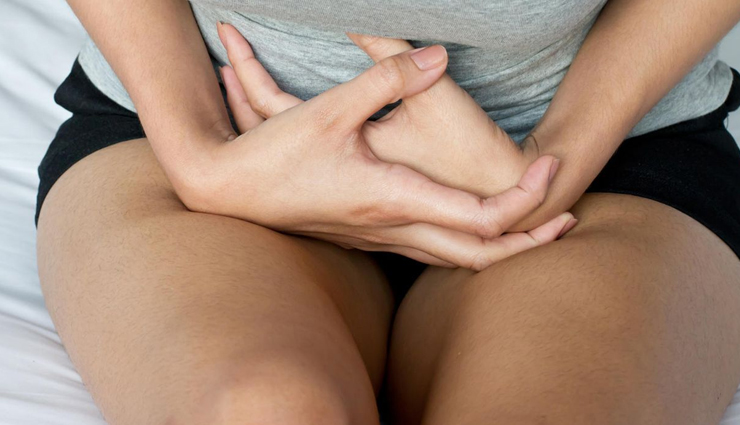
Welcoming your new bundle of joy into the world is an incredible journey, but it's essential to prioritize your own recovery, particularly when it comes to caring for your vagina post-delivery. Your body undergoes significant changes during childbirth, and giving your vagina the attention it deserves is crucial for a smooth and comfortable recovery process.
Whether you've had a vaginal delivery or a cesarean section, your vagina requires special care to heal and regain strength. In this article, we'll explore 13 essential tips to guide you through the postpartum period, ensuring that you give your vagina the care it needs for optimal recovery.

# Practice Proper Hygiene
Maintain good hygiene by gently washing the vaginal area with warm water after using the bathroom. Avoid using harsh soaps or douches, as they can disrupt the natural pH balance and irritate the delicate tissues.
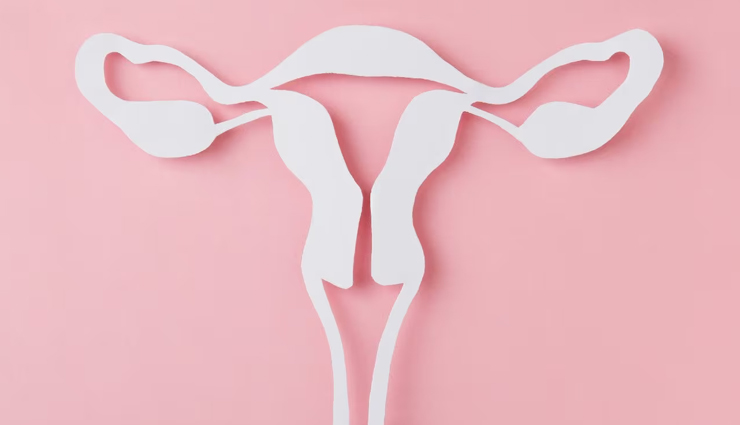
# Perineal Care
If you had a vaginal delivery and experienced perineal tears or an episiotomy, proper care is vital. Follow your healthcare provider's instructions for perineal care, which may include gentle cleansing with warm water, using a peri-bottle for hygiene after urination and bowel movements, and applying prescribed topical ointments or sprays.
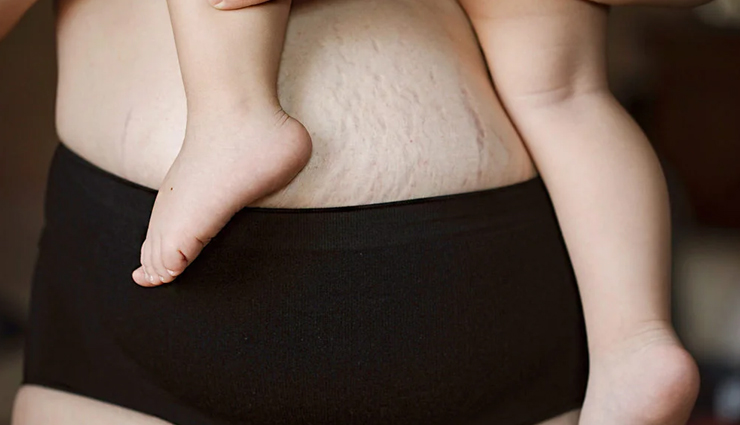
# Use Comfortable and Breathable Underwear
Choose loose-fitting, cotton underwear to allow for proper air circulation and minimize moisture buildup. Avoid tight synthetic fabrics that can trap heat and moisture, which may increase the risk of infection.

# Manage Postpartum Bleeding
Expect postpartum bleeding, known as lochia, for several weeks after delivery. Use sanitary pads instead of tampons to prevent infection and allow the body to naturally expel excess blood and tissue.

# Pelvic Floor Exercises
Engage in pelvic floor exercises, commonly known as Kegel exercises, to help strengthen the pelvic floor muscles. These exercises promote healing, improve bladder control, and restore muscle tone in the vaginal area. Consult with a healthcare professional to learn the correct technique for performing Kegel exercises.

# Sitz Baths
Taking warm water sitz baths can provide soothing relief to the perineal area. Fill a shallow basin or use a specially designed sitz bath kit with warm water and soak the area for about 10-15 minutes a few times a day. This can help reduce swelling, promote healing, and alleviate discomfort.
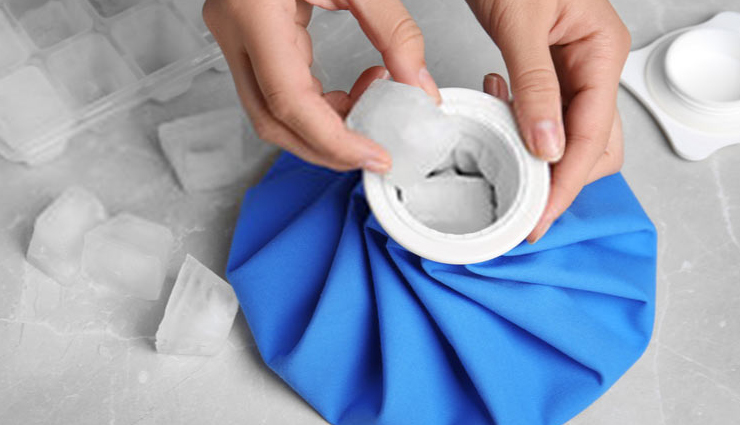
# Manage Discomfort with Ice Packs
Use ice packs or cold compresses on the perineal area to reduce swelling and alleviate discomfort. Wrap the ice pack in a thin cloth and apply it for 10-15 minutes at a time, several times a day.
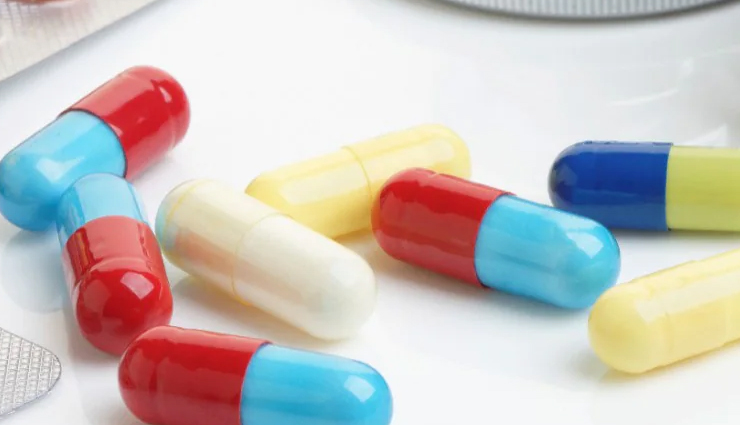
# Take Pain Medication as Prescribed
If recommended by your healthcare provider, take prescribed pain medication to manage postpartum pain. Follow the prescribed dosage and consult your doctor if you have any concerns or questions.

# Stay Hydrated and Eat a Balanced Diet
Drink plenty of water to stay hydrated and promote overall healing. Consume a nutritious, well-balanced diet rich in fruits, vegetables, lean proteins, and fiber to support tissue repair and aid in bowel movements.

# Avoid Heavy Lifting and Straining
Refrain from lifting heavy objects or engaging in activities that strain the pelvic area. Give your body ample time to heal and avoid putting unnecessary pressure on the vaginal muscles.

# Sexual Activity
It is important to wait until you have received medical clearance before resuming sexual activity after childbirth. Your healthcare provider can provide guidance on when it is safe to engage in sexual intercourse again. Communicate openly with your partner about any concerns or discomfort and consider using a water-based lubricant if needed.

# Healthy Lifestyle
Eating a nutritious diet, staying hydrated, and practicing good self-care contribute to overall vaginal health. Consume a well-balanced diet rich in fruits, vegetables, whole grains, lean proteins, and healthy fats to support healing. Drink plenty of water to stay hydrated, and consider incorporating high-fiber foods to prevent
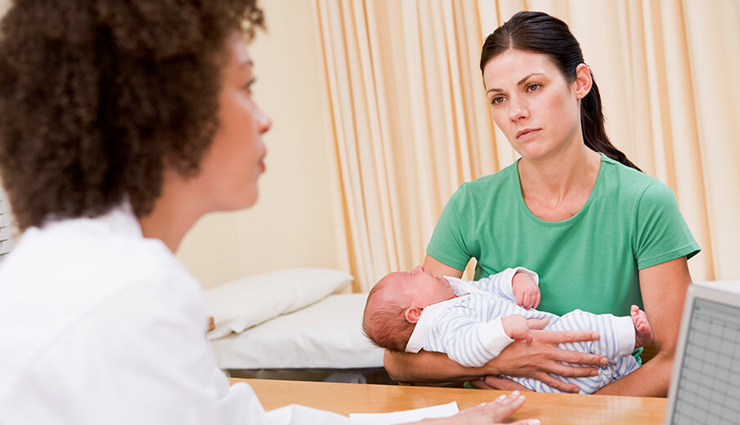
# Seek Medical Advice if Concerns Arise
If you experience persistent pain, unusual discharge, foul odor, or any other concerns, do not hesitate to consult your healthcare provider. Prompt medical attention can help identify and address any potential complications.





